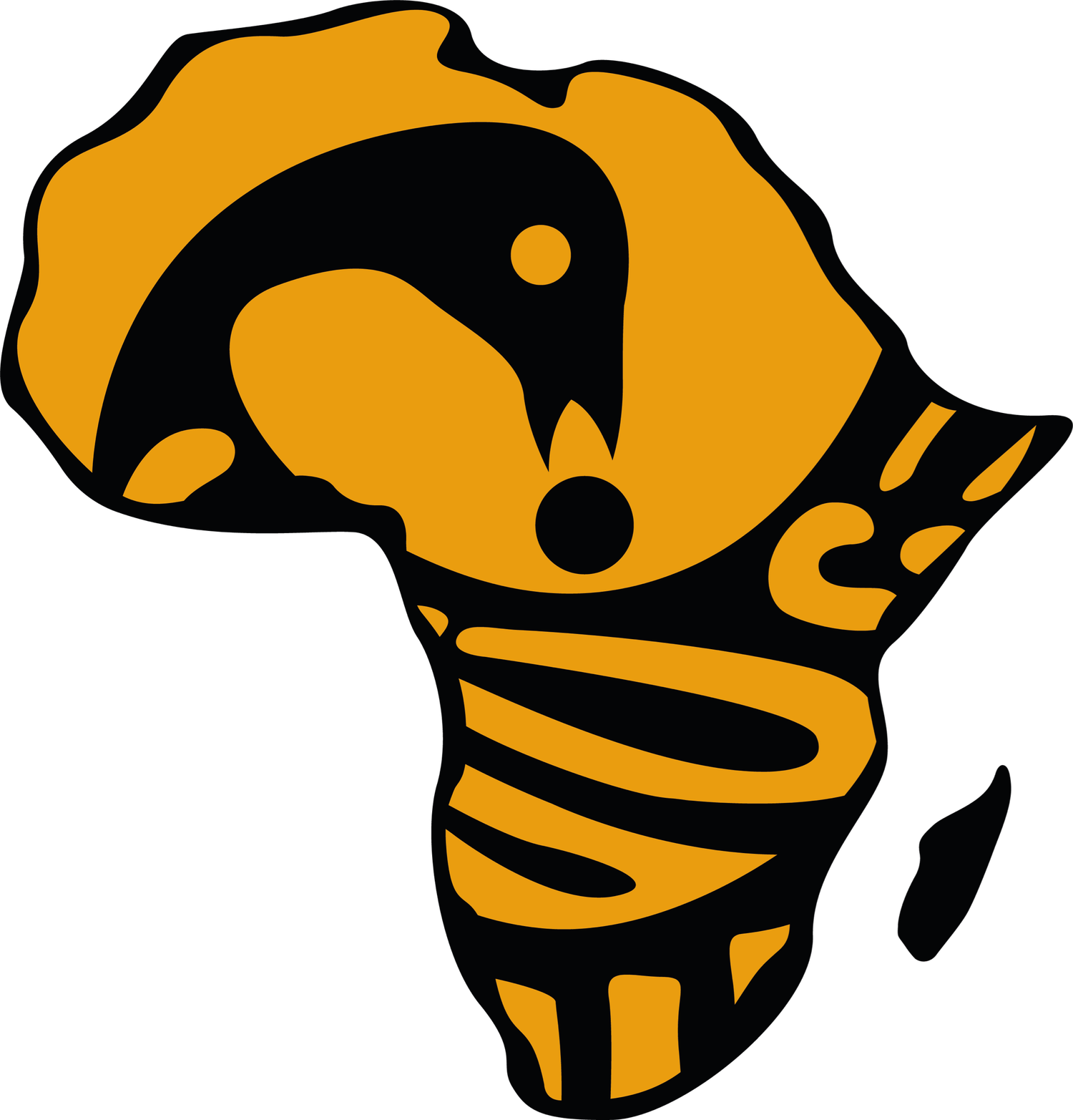Africa's Underdevelopment 1
Click here to download this lesson in slideshow format
Welcome to Political Science Level 1, Lesson 3: Africa’s Underdevelopment 1
In this lesson, you will learn about:
Underdevelopment and its causes
Different measures of development
Objectives
By the end of this lesson you will understand:
What underdevelopment is
The hypocrisy and contradictions that appear when defining and comparing development
What caused the economic development of the West
In mainstream media, African underdevelopment is discussed as if it were a natural phenomenon. Underdevelopment is always put down to African failures and corruption. There is never a mention of the barbaric practices of genocide, enslavement and exploitation that have plagued the continent for centuries due to external powers. These practices have ensured development has been halted on the continent today.
Underdeveloped is an alternative term to “developing” when referring to countries that have lower levels of development - infrastructure, healthcare, education, poverty rates etc. But unlike “developing”, it is a term that considers external factors, such as exploitation and oppression, when looking at levels of development within a country.
By capitalist standards of development, the only factor that is important is the economy of a country compared with the so-called “developed” nations of the West. Considerations of how a country gains its wealth are not important. By humane standards, development is multifaceted, taking into account the well-being and freedoms of citizens, the conditions of nature, the role of education, and the interaction with other nations, as well as the economy. By these standards, as Dr. Walter Rodney states, the USA, Britain and France would be the most underdeveloped countries on earth. Their practices of mass-scale external oppression as well as their internal blend of “exploitation, brutality and psychiatric disorder” make these nations underdeveloped in every sense of the word except economically.
When comparing European and African societies throughout history, development is seen completely differently. Africa was not a continent that experienced a nightmarish dark age for half a millennium, with its citizens resulting to cannibalism; nor was it a continent that based its income from external enslavement, murder and robbery; nor internal exploitation and brutality. While Europeans experienced eras of barbarity, Black people developed sciences, mathematics and technology, built unexplainable monuments, and created social systems that actually benefited the masses - all without destroying the environment.
The rate at which European society developed is directly linked to their exploitation of African people and resources. Without hundreds of years of slave labour, free resources acquired through genocide, and hoarded profits, there is no telling where European society would be today. Even the scientific advancements brought about by the First Industrial Revolution were funded by money earned from slave labour and stolen resources.
Europeans often claimed their uses of enslavement and colonialism were part of a civilising mission in Africa, and that after they left the continent, it would decline. Far from being true, African life improved upon gaining independence. Although massive problems remain, literacy rates and birthrates increased massively and death rates decreased once Africa declared independence.
Capitalism, which is the dominant political and economic system worldwide, was developed by Europeans. It is a system that relies on exploitation, and has dragged much of the rest of the world into an era resembling the “Dark Ages” of pre-Medieval Europe. Theft and murder in the name of this system are the cultures governing day-to-day life across the planet today.



